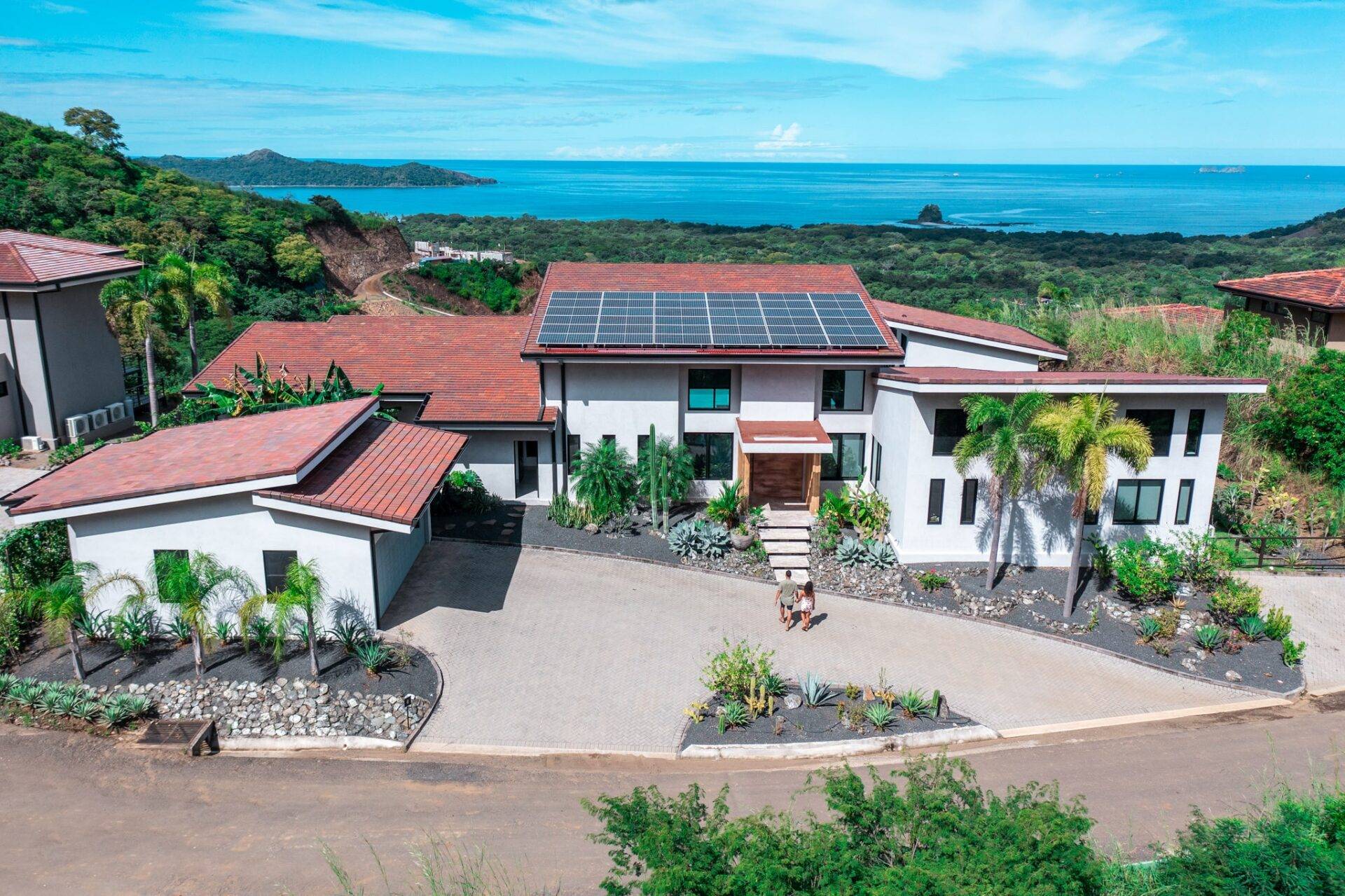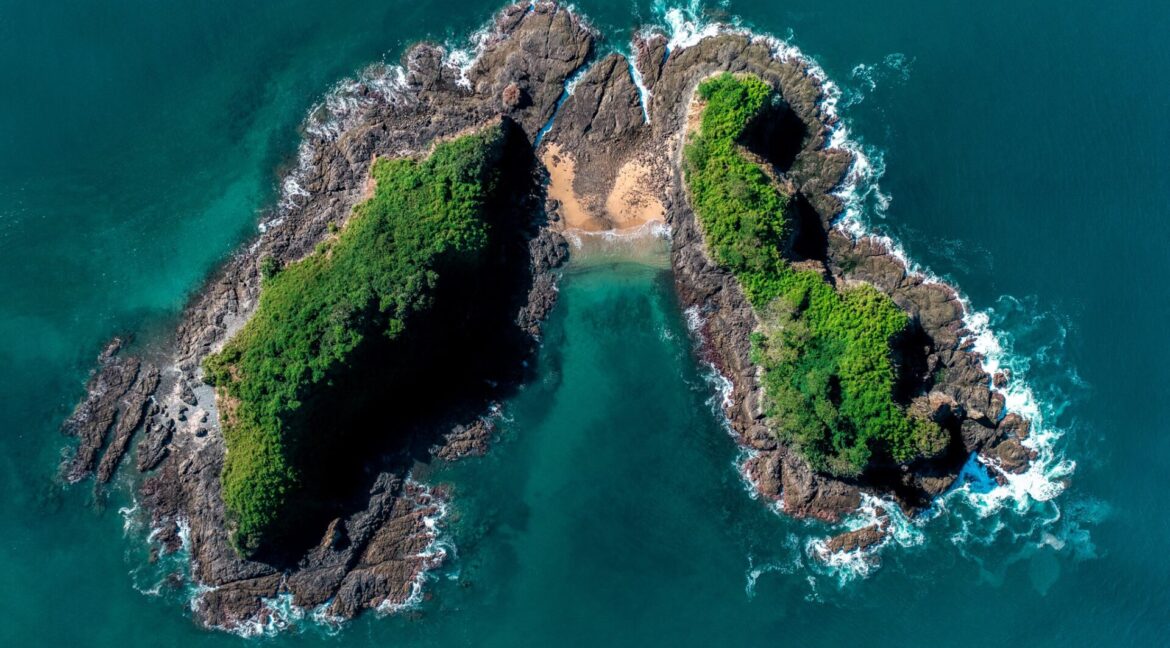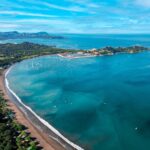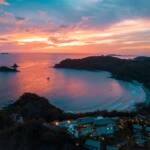If you’re considering a move to Costa Rica and you browse the internet/social media in any capacity, then chances are very good that you’ve come across references to Costa Rica’s new Law 9996 (Ley N. 9996) – the Law to Attract Investors and Retirees, of particular interest to expats in Costa Rica.
So, now that the bill has jumped through all necessary hoops and been published into law, you want to know what’s happening. What are the incentives? Can you apply for these benefits already? What are the requirements?
We thought we’d offer an overview of its inclusions and an update on its implementation.
Expats in Costa Rica: Do You Qualify for the Law to Attract Investors and Retirees?
First things first: Law N. 9996 (Spanish) will apply only to investors (inversionistas), rentors/fixed income residents (rentistas), and retirees (pensionados). (Not sure what that all means? Click through for more information on your Costa Rican residency options.)
Notably, the law does not apply to family residents (for example, temporary residency through birth of a Costa Rican child or marriage to a Costa Rican citizen) or to new permanent residents.
Validity / Term for Law No. 9996
Interestingly, the benefits granted by the Law to Attract Investors and Retirees will be valid/offered only during the first 5 years after it goes into effect. In other words, this is truly a law to attract new investors and retirees, rather than a complete change to Costa Rica’s immigration laws.
What’s more, new inversionista, rentista, and pensionado residents will maintain these benefits for 10 years from the date on which they were granted. Again, this isn’t a take-your-time offer but rather a strike-while-the-iron-is-hot kind of opportunity.
Changes to Investor / Inversionista Residency Requirements
One of the law’s big changes is a new investment range for investors, or inversionista residents. This number has jumped around the number map for years and, as of Ley N. 9996, a U.S. $150,000 investment (per the Costa Rican Central Bank’s official exchange rate on the date of sale/purchase) is now required to qualify for investor residency. (This investment amount was previously pegged at $200,000.)
Qualifying investments include real estate (including a primary home), registrable assets, shares, securities, and productive projects or projects of national interest. Additionally, applicants who invest in venture capital funds or sustainable tourism infrastructure projects will be considered for inversionista residency under the law.
Expat Living in Costa Rica: Benefits of the Law to Attract Investors and Retirees

Law No. 9996 is chock-full of incentives and benefits for new expats in Costa Rica. All told, they can easily eclipse $10,000+ in tax savings.
Tax Exemptions
New inversionista, rentista, and pensionado residents will be entitled to a one-time import tax exemption on household items. For the purposes of this law, household goods shall be understood as “all new or used items of a reasonable nature and quantity, proportionally sufficient to the needs of the law’s beneficiary and those of their immediate family, including, among others, home furniture, appliances, home decoration items, kitchen and bathroom utensils, bedding…”
Notably, these applicants can include their dependents on their residency applications. Any secondary or beneficiary residents will be encompassed within this provision, although exemptions may (implementation pending, see below) apply only through the primary applicant.
The Big Stipulation: Law No. 9996 very clearly states that, if the beneficiary of a tax exemption transfers their assets “within the period of benefit validity,” then the beneficiary must then pay any taxes for which they received an exemption.
An additional stipulation states that, in highly qualified situations (accreditation mechanisms pending), applicants may replace, again tax-exempt, any household items lost, destroyed, or due to theft.
Tax-Exempt Vehicles
The law further states that beneficiaries may “import up to two land, air, and/or sea transport vehicles, for personal or family use.” Both vehicles will be exempt from all import, excise, and value-added taxes.
As above, the law also stipulates that, in the case of vehicle loss or theft, as well as total destruction by fire, flood, collision, or accident, and during the period of benefits validity, the owner may important another tax-exempt vehicle.
The Big Stipulation: If a beneficiary imports a tax-exempt vehicle and then sells or transfers said vehicle to a third party, tax readjustment must be paid per Article 10 of Law 7088 (Spanish), Tax Readjustment and Resolution 18th Tariff and Customs Council CA.
Income Tax Exemptions
As an inversionista, rentista, and pensionado resident, you will be exempt from income taxes for any income declared to qualify for the benefits of this law.
However, you will be required to pay income tax on any Costa Rican income resulting from your local investments, per Law 7092 (Spanish), the Income Tax Law.
Real Estate Tax Breaks
Beneficiaries of this law will also be granted a 20% exemption on total property transfer taxes, for real estate acquired during the term of this law. This tax break applies only when the beneficiary is the registered property owner.
The Big Stipulation: As above, Law No. 9996 again clearly states that, if the beneficiary of tax exemption transfers their real estate property assets “within the period of benefit validity,” then the beneficiary must then pay any taxes for which they received an exemption.
Import Tax Exemption on Professional Instruments
Law No. 9996 also states that inversionista, rentista, and pensionado residents may receive import tax exemption for “instruments or materials for professional or scientific practice,” although only for the beneficiary (resident’s) professional or scientific practices.
Additionally – and these provisions have yet to be fully fleshed out (again, see below) – the beneficiary must demonstrate to the Ministry of Finance that these import tax-exempt items are both proportional and reasonable, and that they correspond to the beneficiary’s economic activities.
What Happens If You Cancel Your Residency?
If a beneficiary has received any of the incentives or benefits, as listed above, and then you renounce your status as an inversionista, rentista, or pensionado resident, or if the General Directorate of Immigration cancels your residency status for any reason, then said beneficiary must pay any taxes for which they received an exemption.
So, What’s Happening with the Law to Attract Investors and Retirees (Early 2022 Update)
We’ll start with the most important information: While Law 9996 has been both passed and published in La Gaceta newspaper (a legal step toward entering into law), the Law to Attract Investors and Retirees is not yet in effect.
Why Not?
You may have heard about the famed Costa Rican bureaucracy, and now you’ll have your first practical application: There’s more than one cook in this kitchen and they don’t all know what, exactly, they’re supposed to be doing. (They don’t all want to be there, either.)
As in many countries, Costa Rica’s government has three branches and many arms. Law 9996 was drafted and passed by Congress but its implementation was delegated to the Department of Immigration. Officially, Immigration had three months from La Gaceta publication (July 2021) to draft its own policies for implementation.
As of March 2022, the law has not yet been implemented. And without this direction from Immigration, new inversionista, rentista, and pensionado residents cannot benefit from Law 9996. So, resolution pending.
But Why Not?
There could be many reasons why Immigration has not moved forward with implementing the new law. Two reasons are most likely:
The first is time and resources. The Department of Immigration issued a statement to the effect that, due to governmental provisions on public employment, they do not currently have the resources or the operational capacity necessary to equip special Law 9996 access windows (a stipulation of the law) and that so doing would be a detriment to the services Immigration offers to other immigrant categories. The General Directorate of Immigration requested that Congress reevaluate said provision.
Of course, it’s clear that this isn’t the only issue because preferential windows were only a small part of the new law. The second reason is more political: the Department of Immigration was, at least in part, opposed to these changes to the law and, as a result of its passing in its current state, is displeased.
In October 2020, in fact, the Department of Immigration had detailed its own suggestions for the law. Among them, they suggested raising inversionista investments from $200,000 to $300,000; instead, Congress dropped the requirement to $150,000. Additionally, Immigration had suggested bumping the pensionado category from $1,000/month to $5,000/month and rentista status from $2,500/month to $5,000/month; Congress made no change to either (they remain at $1,000 and $2,500 per month, respectively).
Additionally, the Department of Immigration stated its opposition to any kind of tax breaks for pensionados and rentistas and supported just a household-items duty exemption – and that, only for inversionistas. Instead, Congress extended not only household item duty exemptions for all three categories, but also added additional benefits, including tax exemptions on importing up to two vehicles.
So, again, the long and the short of it is that the Department of Immigration is likely slowing the process due to a stated lack of resources, perhaps fueled (at least partially) by opposition to the new regulations, which completely ignore said department’s own recommendations.
The third reason (we know, we didn’t mention there’d be a third… let’s call it tangential to the topic!) is that Costa Rica is currently waiting to elect a new president. Without going into a long civics lesson, Costa Rica is staring down a runoff election in April; until then, much of the country has been drawn into ongoing political theater.
Why does that matter? The executive branch is in charge of pressuring the legislative branch – in this case, the Department of Immigration – to proceed as required. The problem is that the executive branch is a bit preoccupied at the moment (and likely predisposed to leaving this complicated job to the next president).
All that to say, hang in there, future expats of Costa Rica! The elections are about two weeks away (April 3, 2022) and the inauguration is set for May 2022, after which time we should see some movement on the Law to Attract Investors and Retirees.
Thinking about Moving to Costa Rica?
Law No. 9996, the Law to Attract Investors and Retirees, is coming down the pike. Sooner or later (hopefully sooner), new inversionista, rentista, and pensionado residents will have access to a slew of limited-time-only benefits that add up to thousands of dollars.
We invite you to follow us on Facebook, YouTube, and Instagram, where we’ll publish updates when we can. We also discuss many other topics relevant to new and seasoned expats – everything from finding the right school to starting a business.
We also just like to stay in touch! Because at Blue Water Properties of Costa Rica, we thrive on relationships and promise the fastest communication and the best services in the industry. And that begins with lots of information. We are happy to answer your questions and point you in the right direction, including on all things related to moving to and living in Costa Rica.
We’re proud to offer some of the best Costa Rica real estate, from condos and homes to land and businesses for sale. So, go ahead – try us. Give us a chance to show off our expertise – and wow you with the possibilities! We look forward to it!


